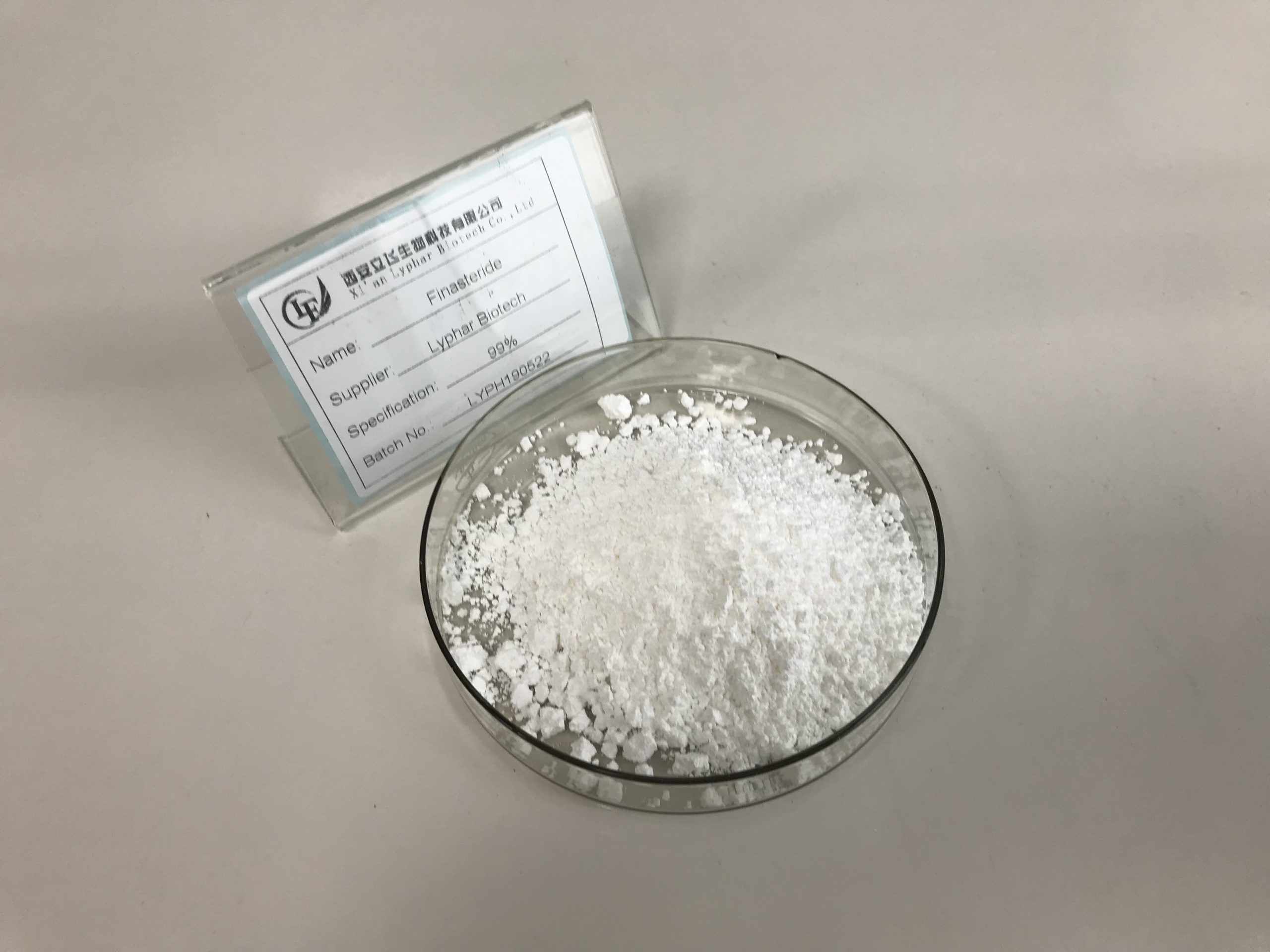Finasteride is a medication primarily used to treat male pattern baldness (androgenetic alopecia) and benign prostatic hyperplasia (BPH). It’s sold under various brand names, such as Propecia for hair loss treatment and Proscar for BPH treatment.
The primary mechanism of action of finasteride is to inhibit the enzyme 5-alpha reductase, which converts testosterone into dihydrotestosterone (DHT) in the body. DHT is a hormone that plays a role in the miniaturization of hair follicles in individuals genetically predisposed to hair loss. By reducing DHT levels, finasteride can slow down or even reverse the progression of hair loss in some individuals.
The effects of finasteride on hair loss can vary from person to person. Some individuals experience significant improvements in hair growth, with thicker and more densely growing hair. Others might experience a slower rate of hair loss, which effectively maintains their existing hairline rather than regrowing significant amounts of hair. It’s worth noting that finasteride is generally more effective in the early stages of hair loss.

Here are a few important points to consider about finasteride therapy for hair loss:
Effectiveness: Clinical studies have shown that finasteride can be effective in promoting hair growth and preventing further hair loss in many men. However, results can vary, and not everyone will respond to the medication in the same way.
Timeframe: It typically takes several months (around 3 to 6 months) of consistent use to start seeing noticeable results. Patience is important, as hair growth is a slow process.
Maintenance: Finasteride needs to be taken continuously to maintain its effects. If you stop taking the medication, any benefits gained may be lost over time.
Side Effects: While finasteride is generally well-tolerated, some individuals may experience side effects such as decreased libido, erectile dysfunction, and changes in sexual function. These side effects are generally reversible upon discontinuation of the medication.
Consultation: If you’re considering finasteride therapy, it’s important to consult a healthcare professional, preferably a dermatologist or a doctor specializing in hair loss. They can evaluate your condition, provide guidance on proper usage, and discuss potential risks and benefits.
Alternative Treatments: There are other treatments available for hair loss as well, including topical solutions like minoxidil and hair transplant procedures. Your healthcare provider can help you explore the best options based on your individual circumstances.
Remember that individual responses to medications can vary, and not everyone will experience the same results. Consulting a healthcare professional will provide you with the most accurate information and guidance tailored to your specific situation.
